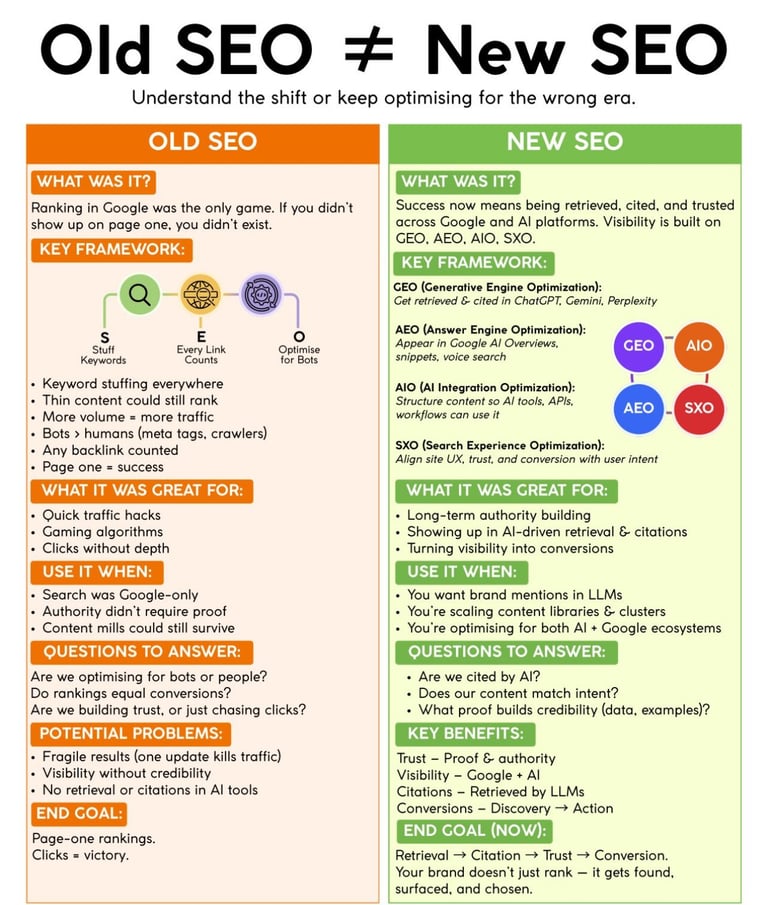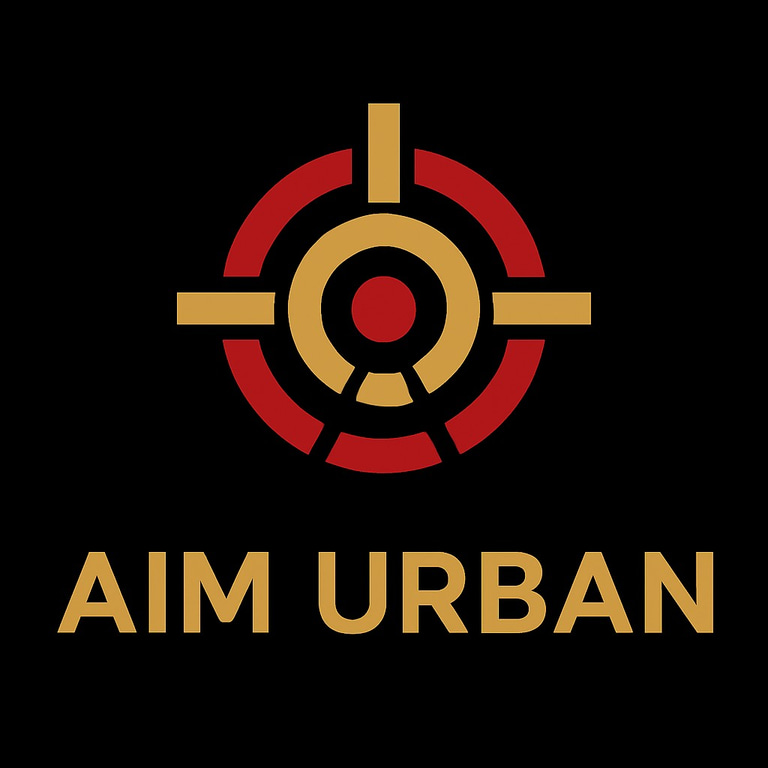The Evolution of SEO: Are You Keeping Up with AI Optimizations?
In today’s digital landscape, the conversation surrounding Search Engine Optimization (SEO) has dramatically evolved. While 90% of brands still cling to the traditional notion that SEO is solely about achieving page-one rankings on Google, a progressive 10% has begun to recognize the growing importance of optimizing for artificial intelligence engines.
URBAN NEWS


The Shift from Traditional SEO to AI-Focused Strategies
In today’s digital landscape, the conversation surrounding Search Engine Optimization (SEO) has dramatically evolved. While 90% of brands still cling to the traditional notion that SEO is solely about achieving page-one rankings on Google, a progressive 10% has begun to recognize the growing importance of optimizing for artificial intelligence engines. The distinction between these two camps illuminates a fundamental shift in how we perceive and approach SEO.
Old SEO vs. New SEO: A Paradigm Shift
Traditionally, SEO practices revolved around fundamental concepts such as keywords, backlinks, and web crawlers. Professionals focused on manipulating these elements to ensure their website would rank prominently on search engine results pages (SERPs). However, this approach often stopped at achieving visibility on page one. The new SEO paradigm, conversely, encourages brands to consider broader aspects, such as how their content gets retrieved, cited, and ultimately trusted by AI technologies.
This modern SEO mindset is characterized by terms and concepts like Entity-based Search (geo), Answer Engine Optimization (aeo), AI Optimization (aio), and Search Experience Optimization (sxo). These evolving methodologies shift the focus from mere keywords to engaging with AI in a manner that is organic and informative
The Importance of Continuous Engagement with AI
Brands that understand this transformation are already adapting by implementing strategies that maintain their relevance long after the initial SEO effort. For instance, content that is optimized for AI technologies is likely to be prioritized in AI-driven overviews, ChatGPT responses, Gemini summaries, and other AI citations.
This ongoing relationship with AI not only amplifies visibility but also fosters a deeper trust between brands and their audiences. By aiming to provide genuine value rather than merely chasing page-one rankings, brands that embrace these changes can position themselves as credible sources in their respective industries.
The question remains—which side are you on? As the digital landscape evolves, aligning your SEO practices with these new realities is not merely an option; it is essential for success. Ignoring the emerging significance of AI in search could lead to diminished visibility and fewer opportunities for engagement in an increasingly competitive environment.
In summary, understanding that old SEO is a thing of the past while new SEO prioritizes a connection with AI will determine a brand’s future success. It’s about moving beyond traditional metrics to embrace a digital relationship that values trust, relevance, and optimization for AI-driven content retrieval. The future of SEO lies not just in reaching the summit of search engine rankings but in becoming a trusted partner in the intricate digital ecosystem.


